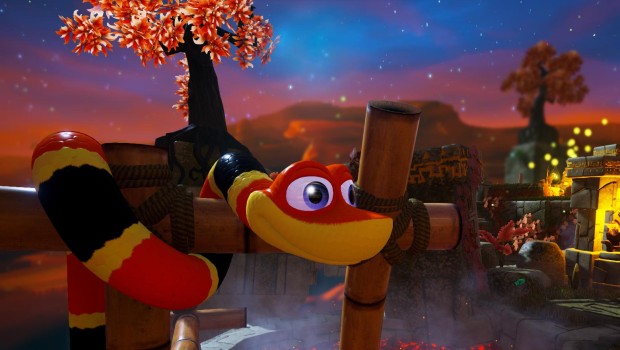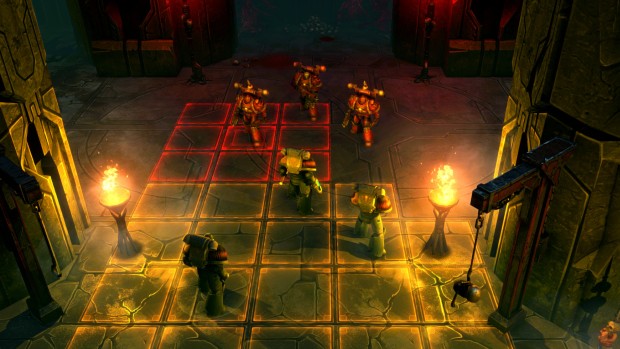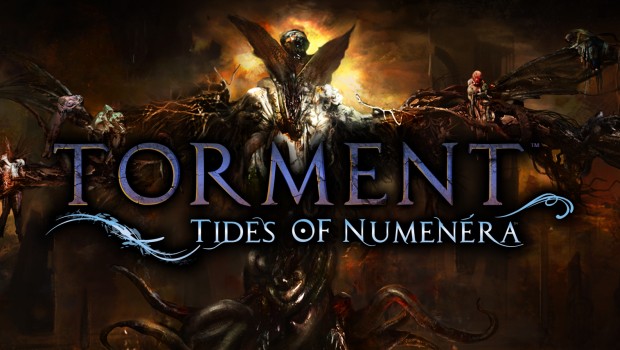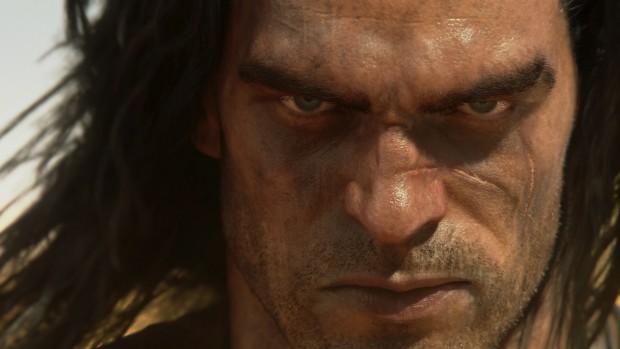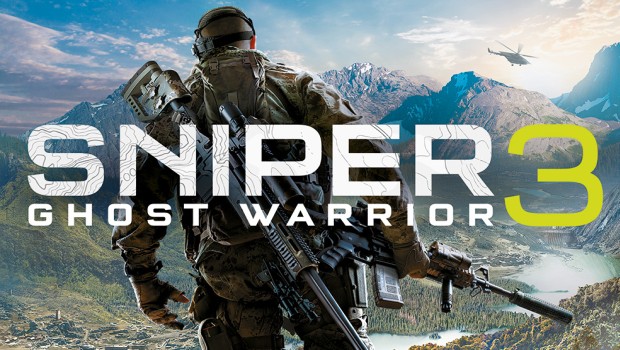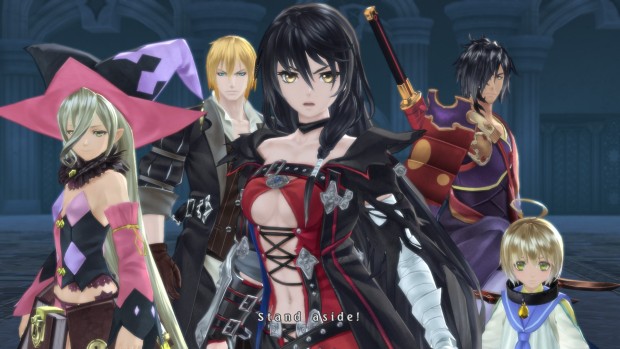- By Ash
- in Reviews
Yooka-Laylee might just be the most realistic game I've ever played in my life. Its not the visuals or the movement that make me say this, but rather the simple fact that the camera perfectly recreates the feeling of being an iguana with a bat stuck on its head!
Despite this fairly massive setback Yooka-Laylee does manage to brush up against greatness every now and then, but the question remains, is it a worthy successor to Banjo-Kazooie and a collecathon you can really sink your teeth into? Well, that's not exactly an easy question to answer, as you'll soon realize.
- By Ash
- in Reviews
On first glance you might think that Snake Pass is a colorful and charming 3D platformer, and you would be completely right, but beneath that veneer of kindness lies a deep hunger that can only be sated by the tears of countless players. Since there is no jump button, and since most collectibles are perched over humongous drops or pits of lava, you will need to master the controls and become one with the snake inside if you wish to last long. This process will most likely take you a while, but once it finally clicks you might just find that being a snake is far more complex and enjoyable than you could've ever imagined.
So if you're wondering whether Snake Pass is the type of platformer you might enjoy, and whether its gameplay mechanics are more than a simple gimmick, allow me to share my thoughts on what I've experienced throughout my journey to collect every single deviously hidden coin. And believe me when I say, collecting these things was quite the journey!
- By Ash
- in Reviews
P.A.M.E.L.A. is an open-world survival-horror game set in the once utopian city of Eden, now nothing more than a breeding ground for otherworldly monstrosities. As you might expect given its genre P.A.M.E.L.A. features plenty of exploration and passive storytelling, resource management, and tense situations where combat might not always be the best option.
Much like the vast majority of survival games out there P.A.M.E.L.A. is currently in Early Access, which means it is both unfinished and unpolished. So if you're interested in finding out whether the current version of P.A.M.E.L.A. is even worthy of your attention, allow me to give you my thoughts on the gameplay presented so far, and you can decide from there.
- By Ash
- in Reviews
Warhammer 40,000: Space Wolf is a challenging turn-based tactics game with some card game elements thrown in for good measure. It initially released for mobile platforms only, but has recently made its way to Steam Early Access as well. And don't worry, all of the pesky microtransaction nonsense has been sheared away.
Unfortunately, much like the majority of Warhammer 40,000 games out there Space Wolf is a mixed bag that will simultaneously excite and frustrate you. So if you're wondering whether this is the type of game you might enjoy, allow me to share my thoughts on what I've seen so far and you can hopefully decide from there.
- By Ash
- in Reviews
Torment: Tides of Numenera is an isometric story-focused RPG and a spiritual successor to one of the best games that have ever graced the genre - Planescape: Torment. Much like its predecessor Tides of Numenera features a vast amount of interesting characters, tough decisions, compelling stories, enough lore to fill out at least a couple of books, and as is tradition, completely unremarkable combat.
After spending well over a year in Early Access Tides of Numenera has now finally arrived in full. So if you're wondering whether it was worth the wait, and if its even remotely as enticing as Planescape: Torment, allow me to share my thoughts on everything I've experienced throughout my playthrough. And don't worry about spoilers as I've made sure to only use examples from the first couple of hours.
- By Ash
- in Reviews
Northgard is a viking themed real-time strategy game from the makers of Evoland, and if I had to do a needlessly specific comparison I would also say that Northgard is a simpler, but more action orientated take on the Civilization formula. What I mean by this is that Northgard shares a similar focus on city-building, resource micromanagement, and open-ended playstyles that allow you to take your frontier settlement in whatever direction you might prefer.
While Northgard is still unfinished and completely lacking in terms of singleplayer campaign, I did recently have a chance to give the beta a spin and see what all fuss is about. So if guiding viking settlers to prosperity sounds like something you might be interested in, allow me to share my thoughts on the gameplay shown so far.
- By Ash
- in Reviews
Conan Exiles is an open-world survival game that expects of you to carve your own little piece of heaven in a land that would love nothing more than to devour you whole. As you might expect given its genre, Conan Exiles features plenty of rock and tree smashing, crafting, and trying to survive in a server full of extremely bloodthirsty madmen that will kill you on sight for a pair of flip-flops.
Much like the vast majority of its open-world survival brethren, Conan Exiles is currently in Early Access. What this means in gameplay terms is that it has plenty of bugs, server issues, and mechanics that are about as bare-bones as it gets. So if you're wondering whether its worth grabbing Conan Exiles in its earliest incarnation, allow me to give you my thoughts on all aspects of gameplay, and you can decide from there.
- By Ash
- in Reviews
[Update]: My review of the full version is now available. You can find it here.
Sniper Ghost Warrior 3 is an upcoming open-world tactical shooter with a heavy focus on player choice. Its going to be up to you to decide how you'll complete each mission, whether this be through pure stealth, over-the-top aggression, a couple dozen well-placed sniper shots, or some sort of combination of those.
I've recently had the chance to play the beta which contained two missions and a small chunk of the open-world, so if you're wondering whether Sniper Ghost Warrior 3 is even worth your attention, allow me to give you my thoughts on the gameplay shown so far. Naturally, since this is a beta we're talking about, its highly likely that some of the bugs and issues will be fixed by the time Sniper Ghost Warrior 3 launches, so do keep that in mind as we move forward.
- By Ash
- in Reviews
For Honor is Ubisoft's medieval murderfest where the noble knights, enigmatic samurai, and bloodthirsty vikings all smack each other over the head with very big things in an effort to show who truly is the best. And what better way to showcase your supremacy than to fragment yourself into small groups and then engage in 4v4, 2v2, and 1v1 skirmishes all across the land! Since I've spent way too many hours playing the Dark Souls series I obviously sided with the knights, because if an action game doesn't let me wear the Elite Knight Set its not a game worth playing!
On a more serious note, I've spent the past week playing the For Honor Closed Beta, so if you're wondering whether this is the sort of game you'd enjoy, allow me to give you a detailed overview of what For Honor really is. Naturally, this is a beta so things can change between now and release, but given that we're only two weeks away I think its safe to assume this is more or less exactly what For Honor is going to be like.
- By Ash
- in Reviews
Tales of Berseria is the seventeenth iteration of the Tales series and a prequel to Tales of Zestiria, though set in the distant past. It brings with it a cast of surprisingly lovable misfits, an exciting combo-based combat system, and the same sort of narrative focus as its predecessors. The one big difference is that Berseria's storyline is far darker, with characters often acting out of self-interest, which is a fairly rare and rather intriguing take on the RPG genre.
So if you're wondering whether Tales of Berseria is an RPG you might enjoy, allow me to share with you my thoughts on the various aspects of gameplay and story, and you can decide from there. And since we've had a slue of terrible PC ports this past year, let's begin by first covering Berseria's technical side.


